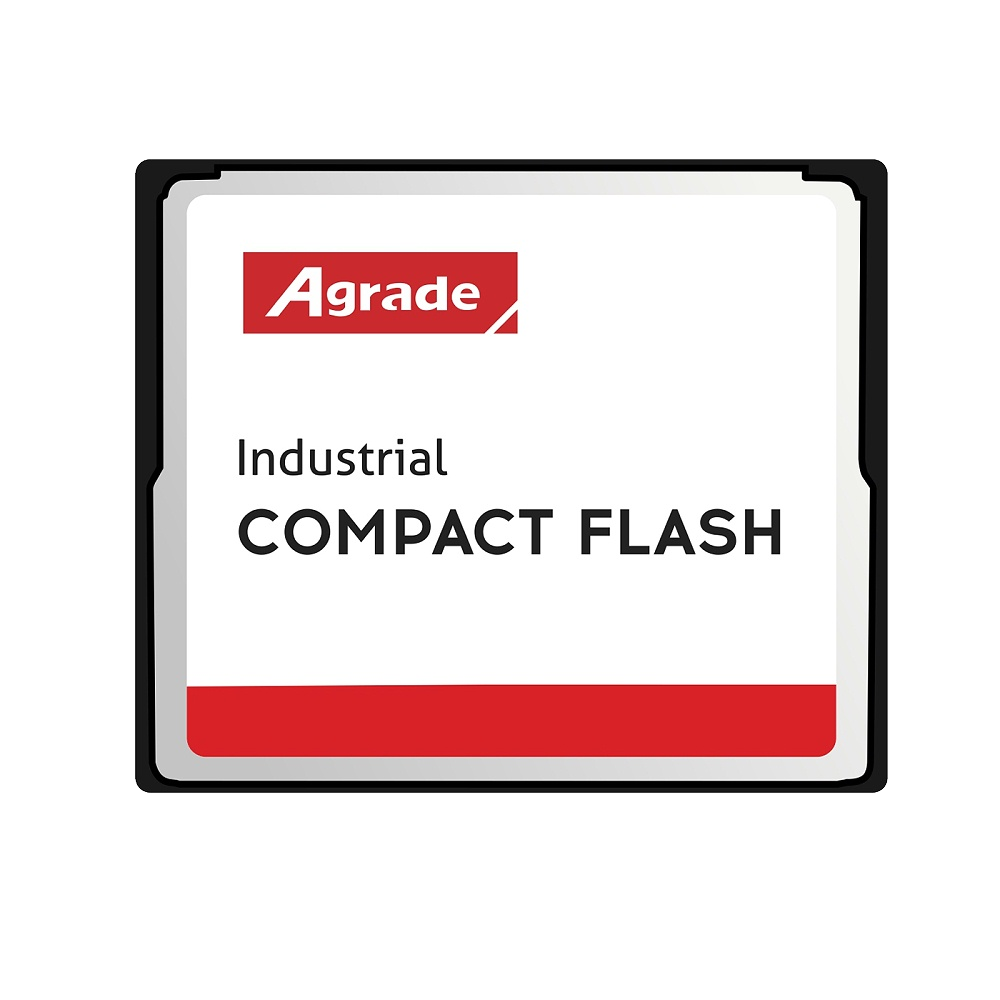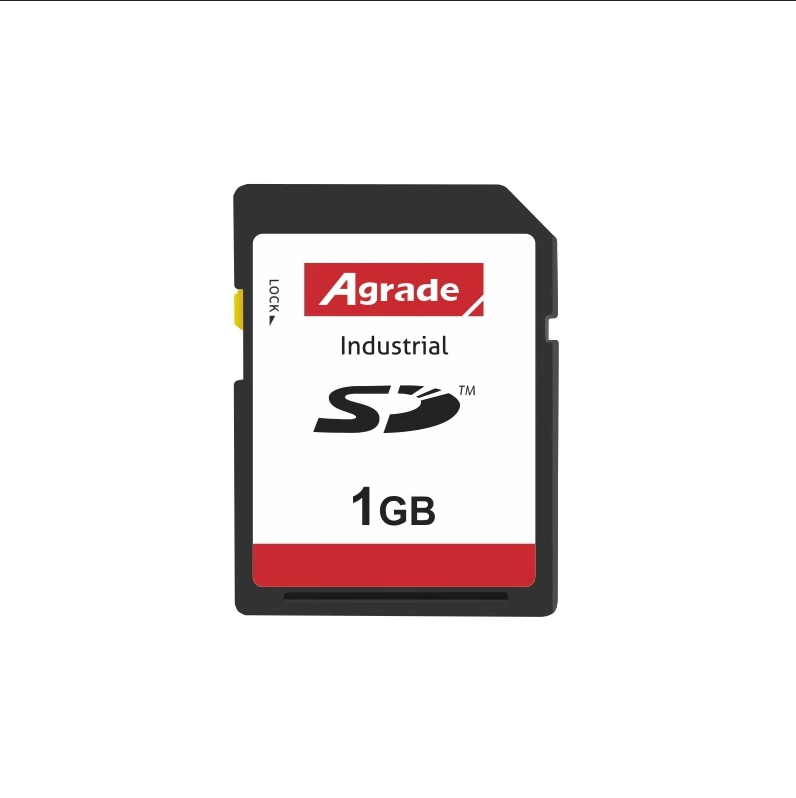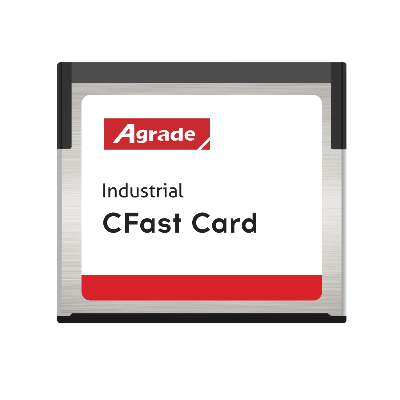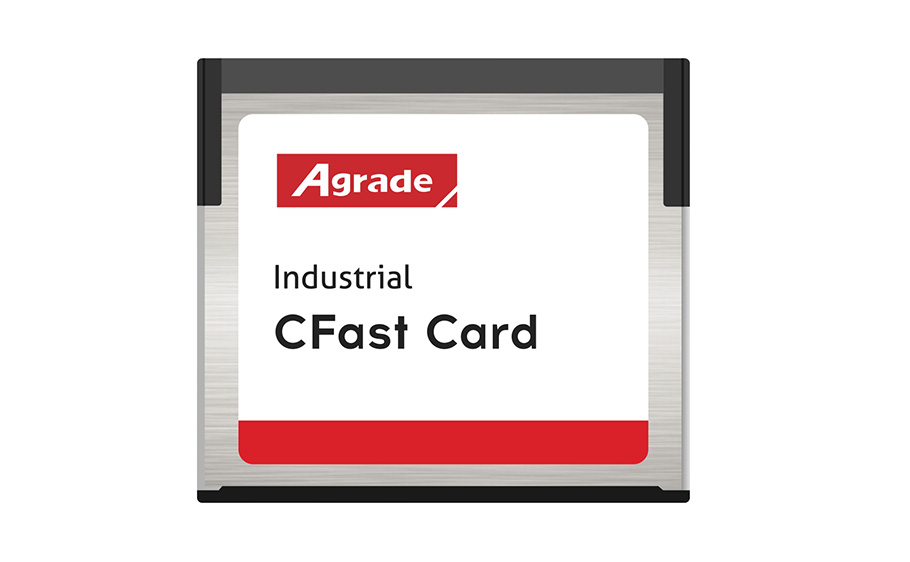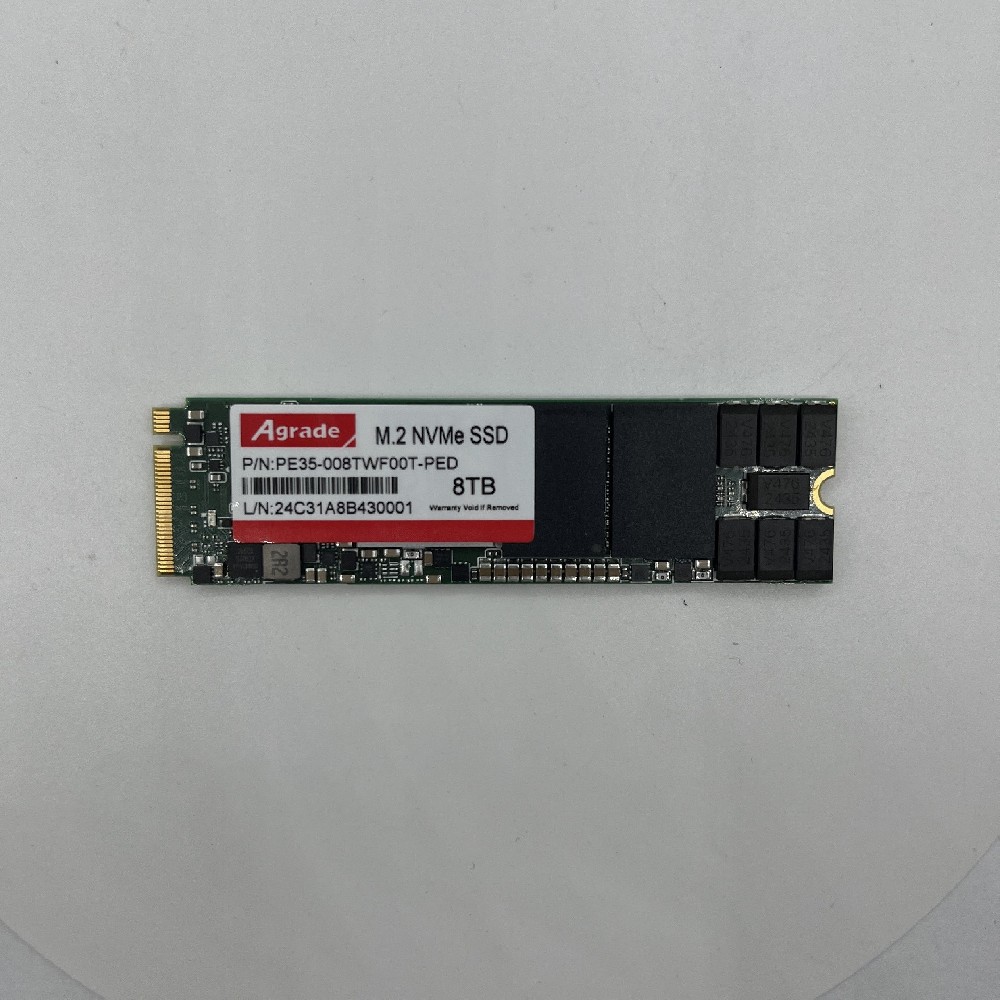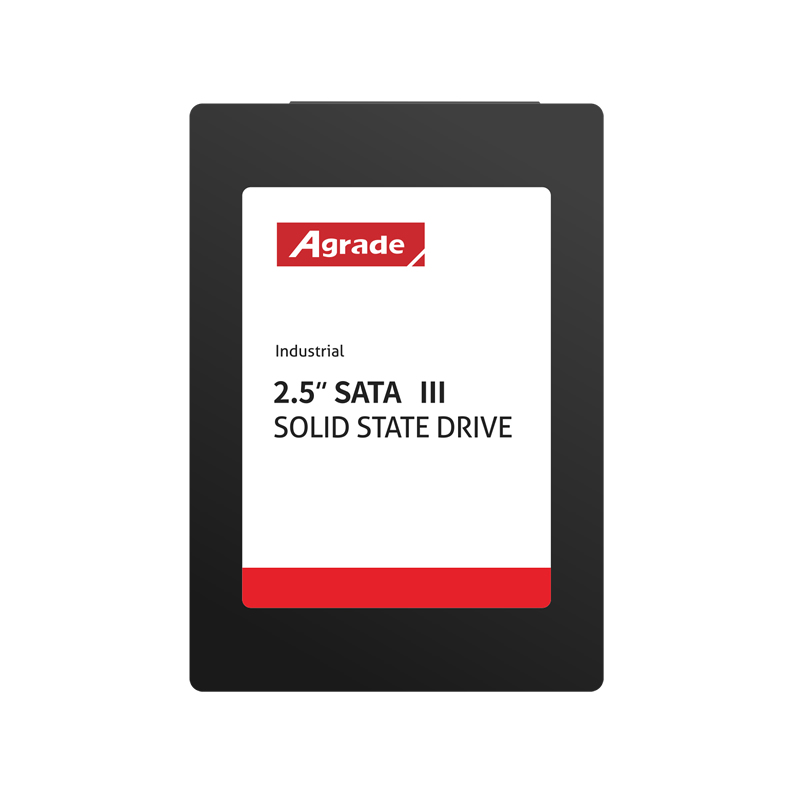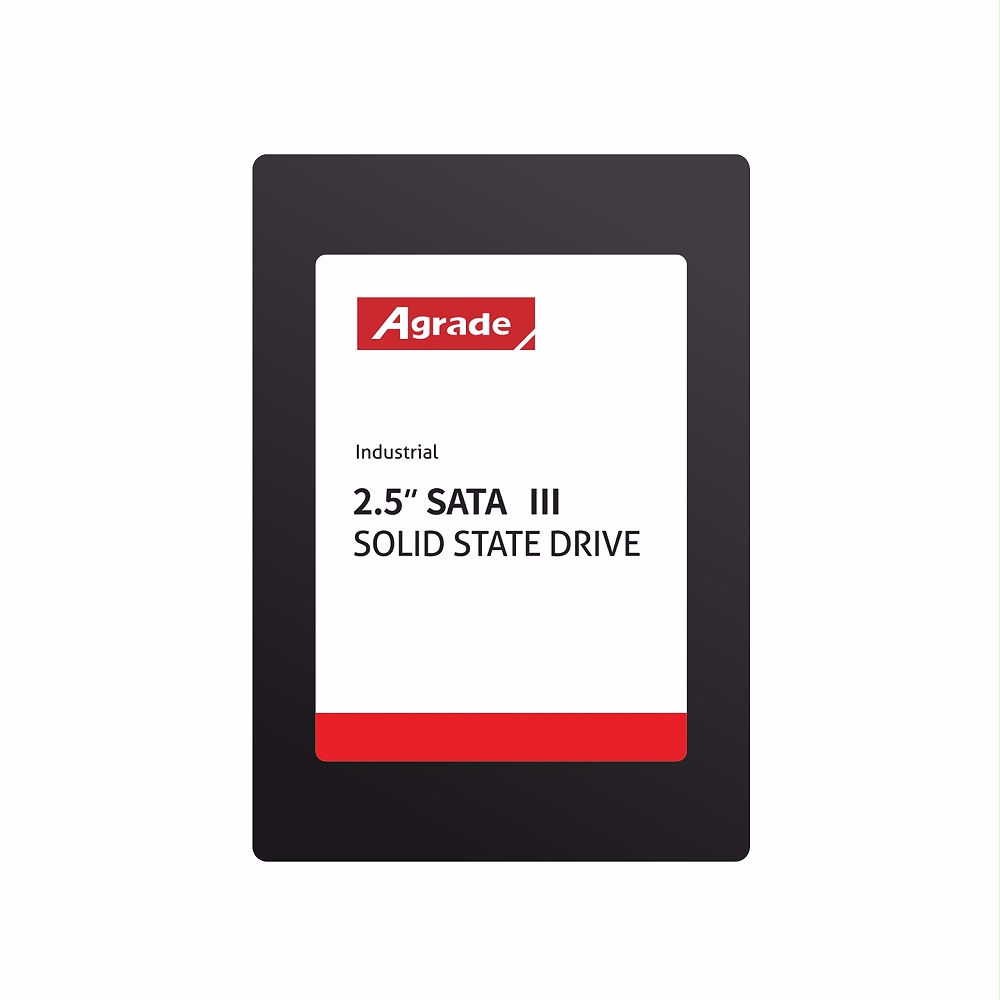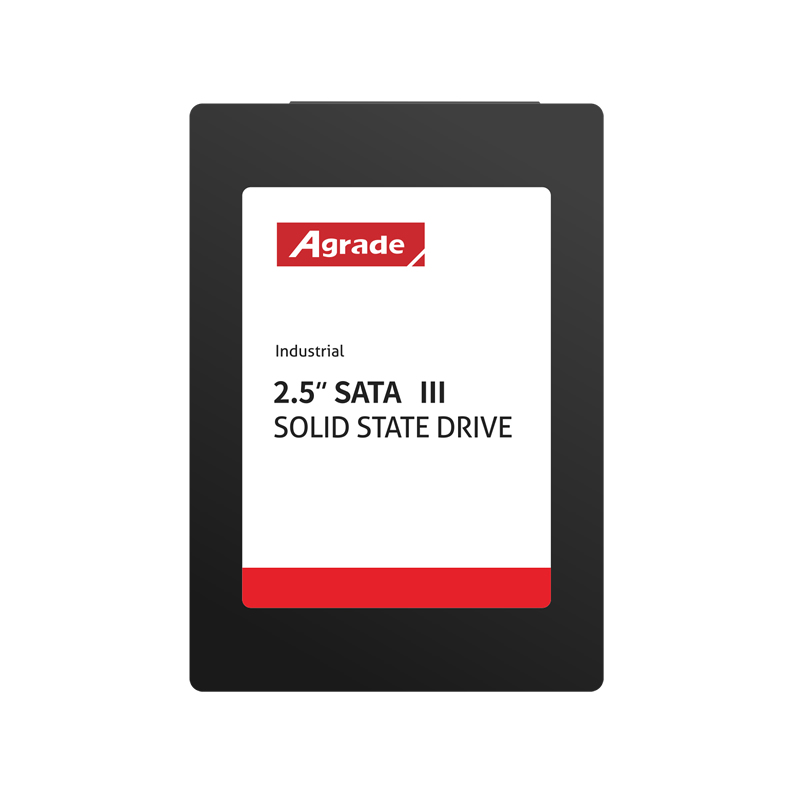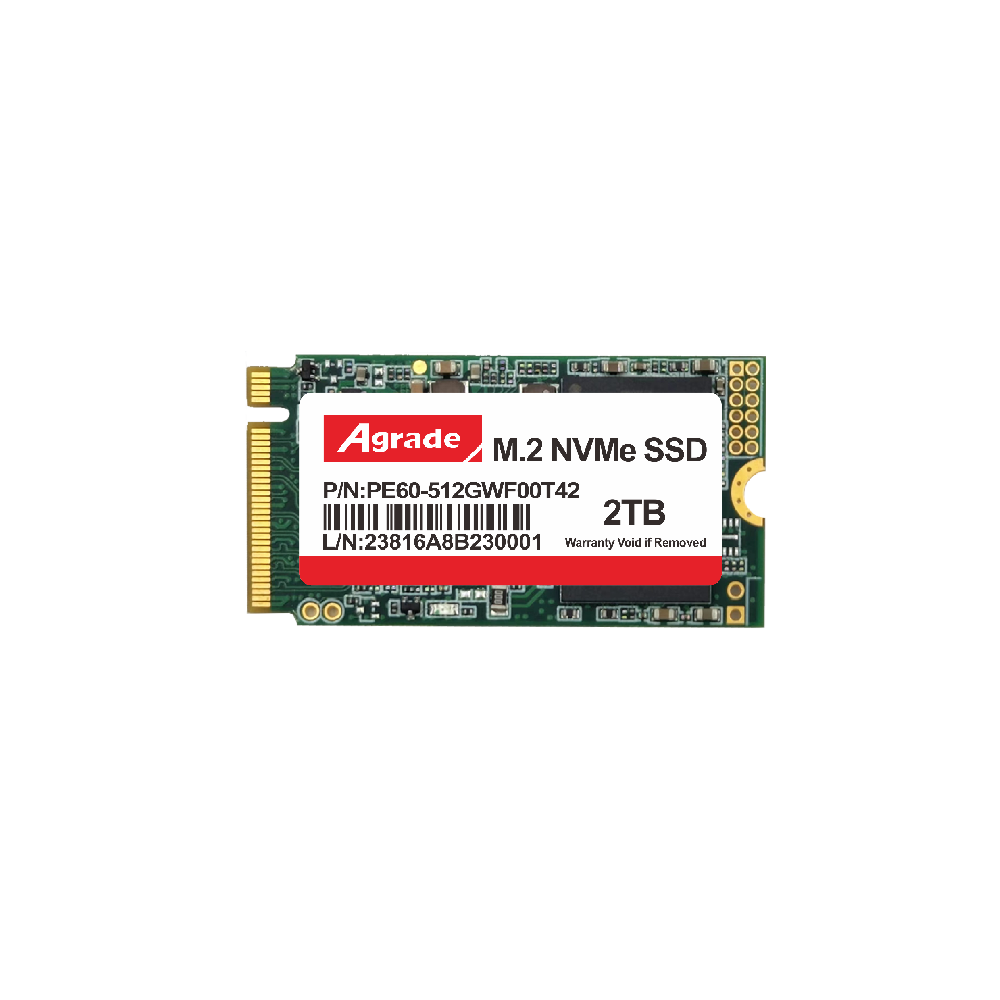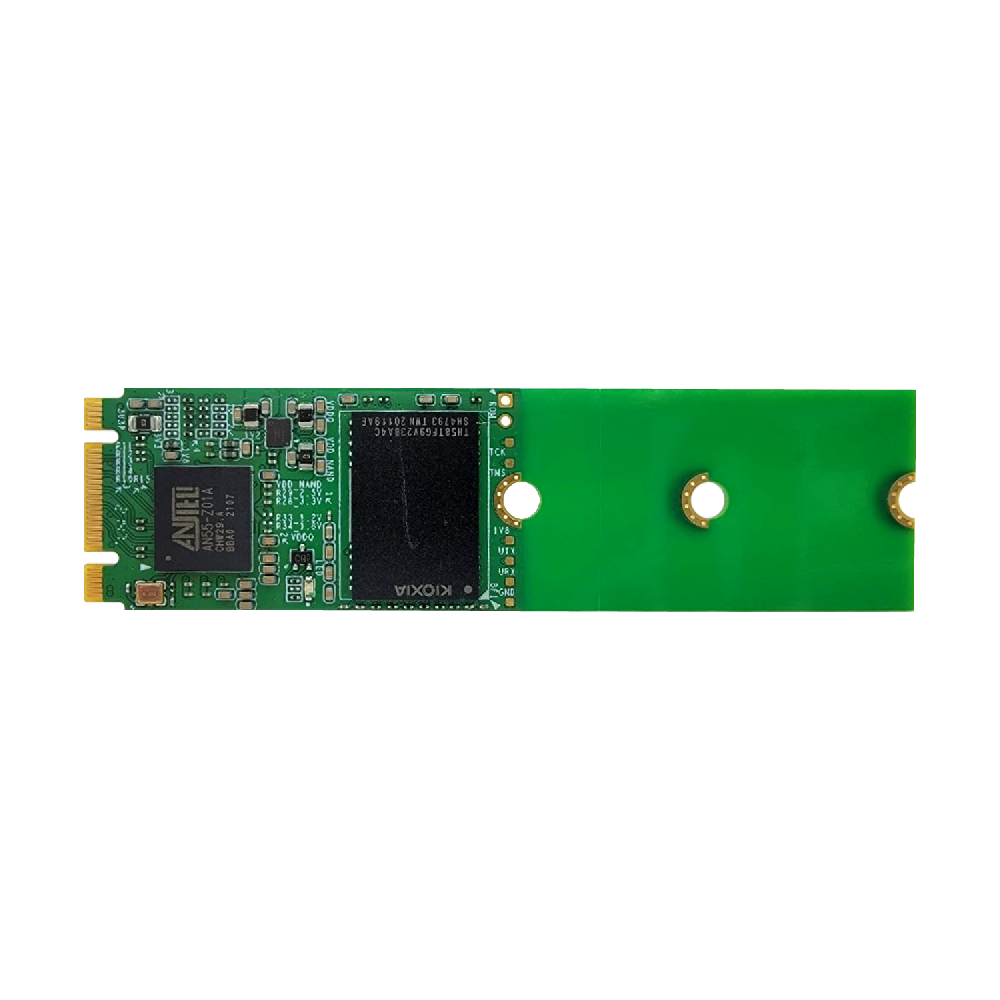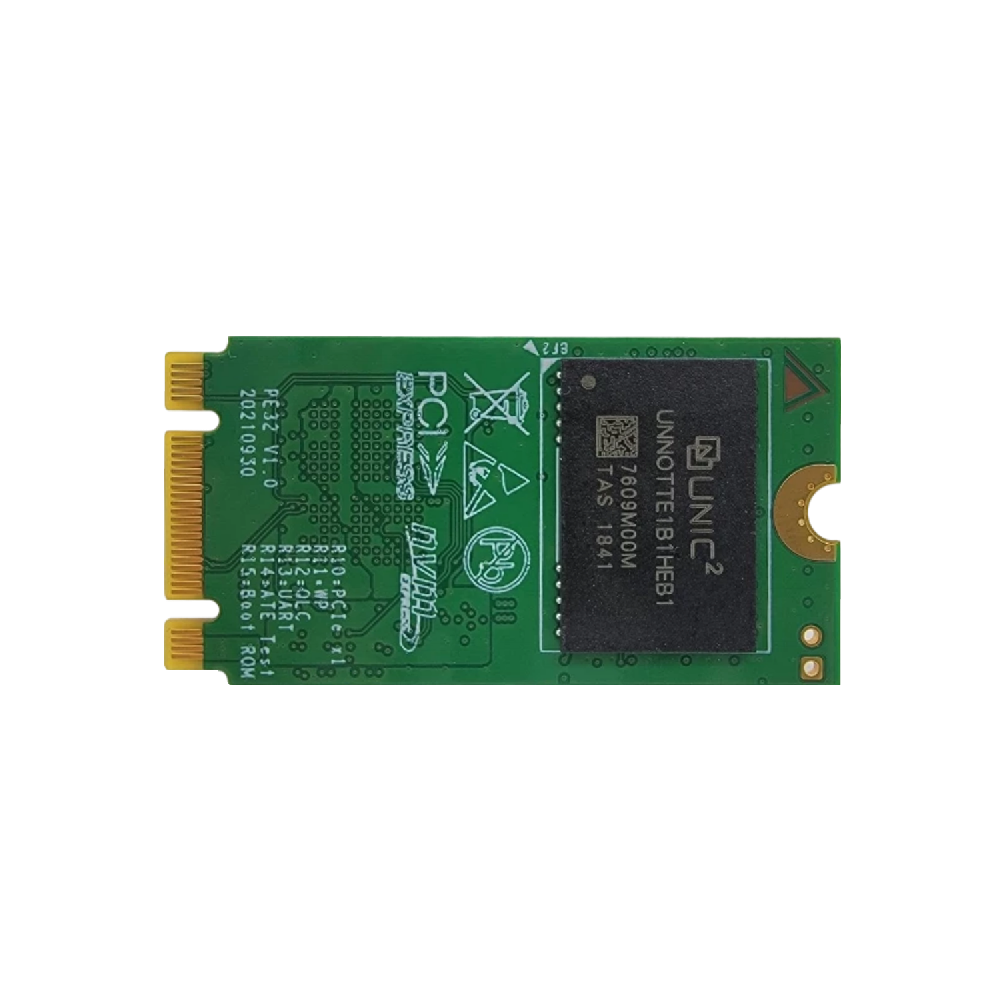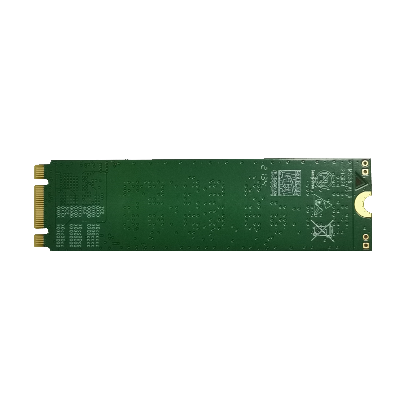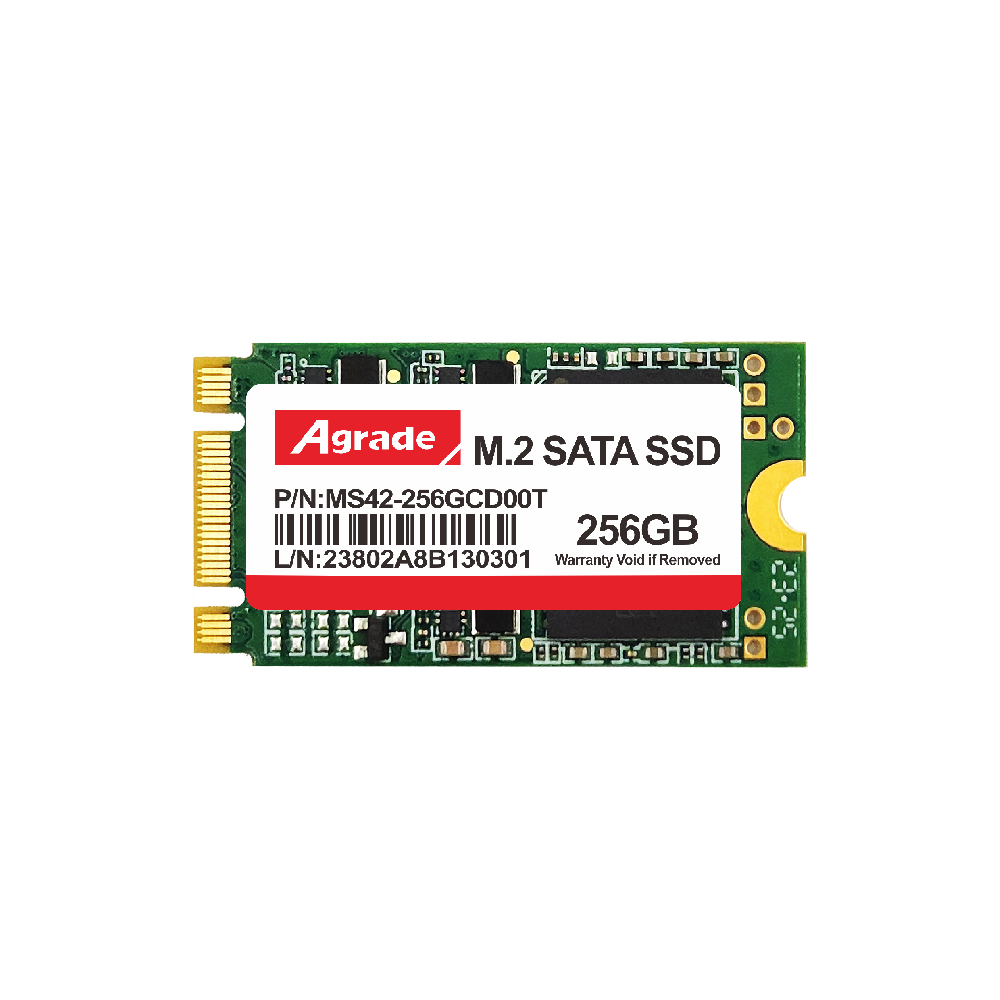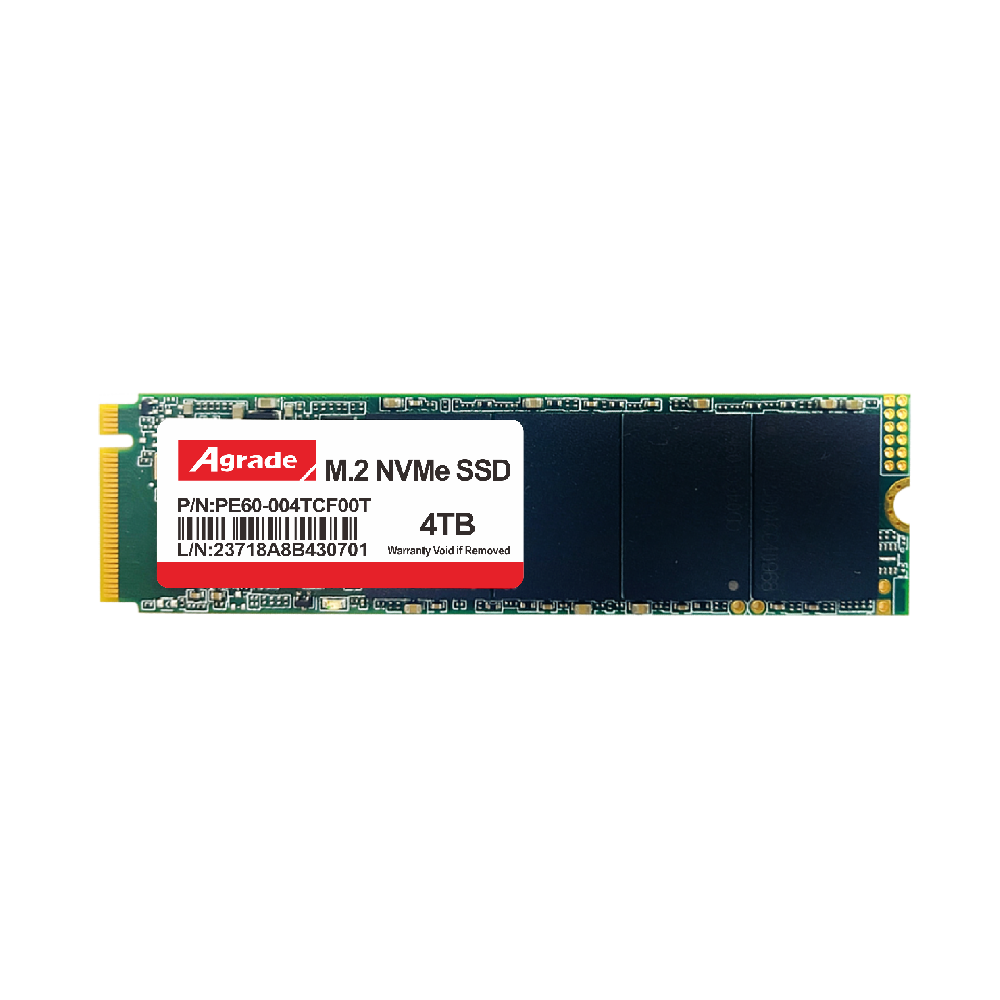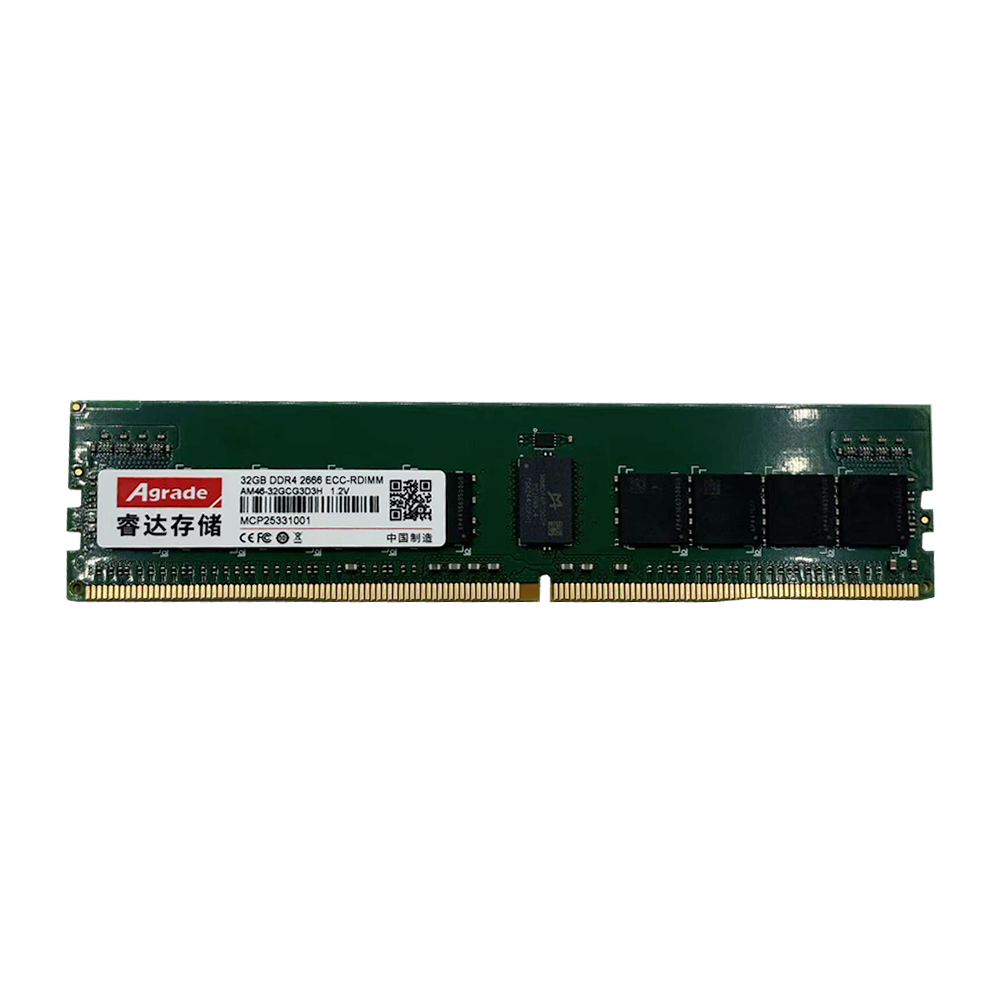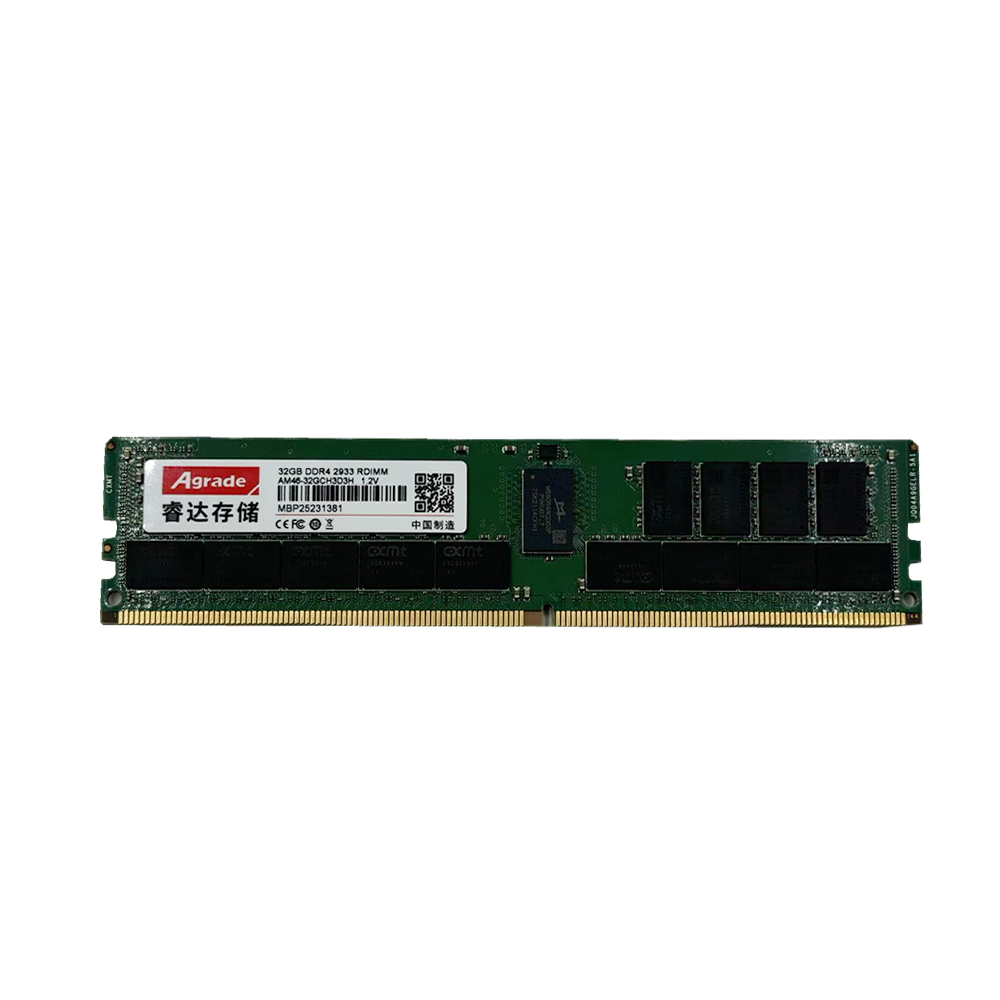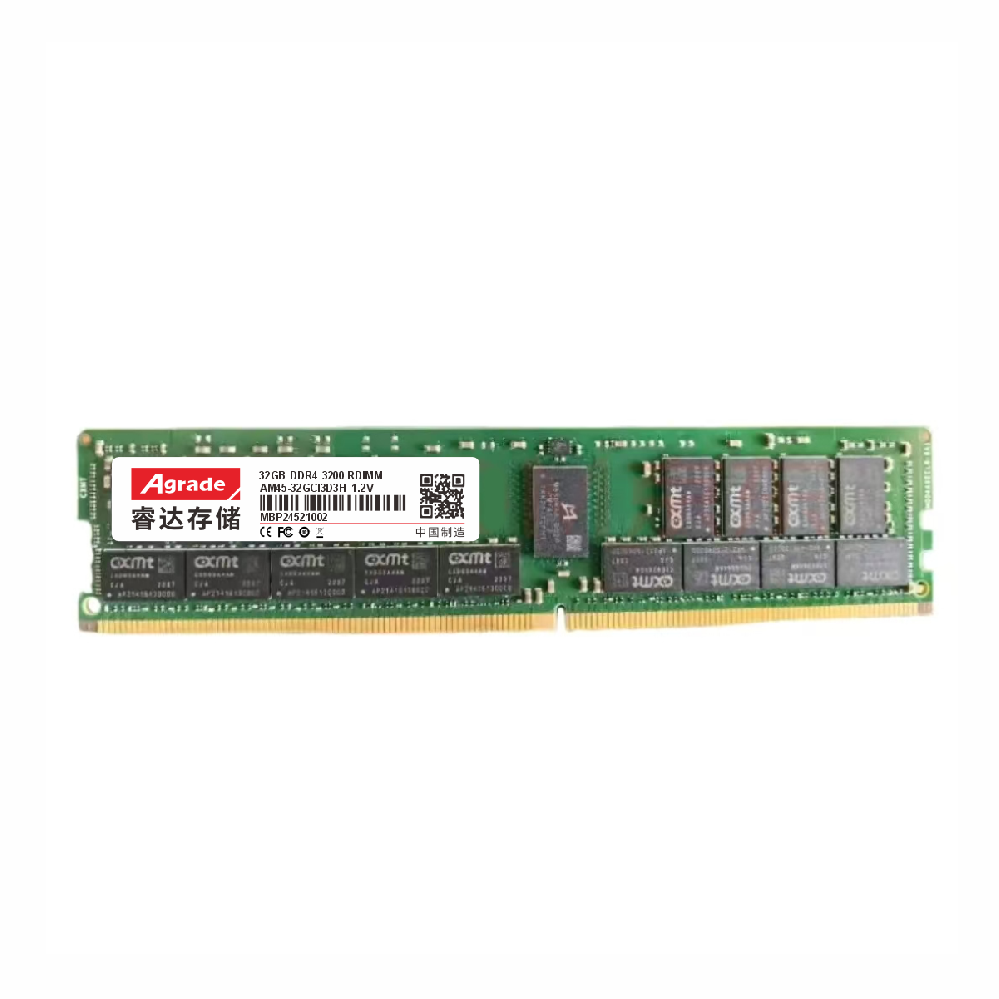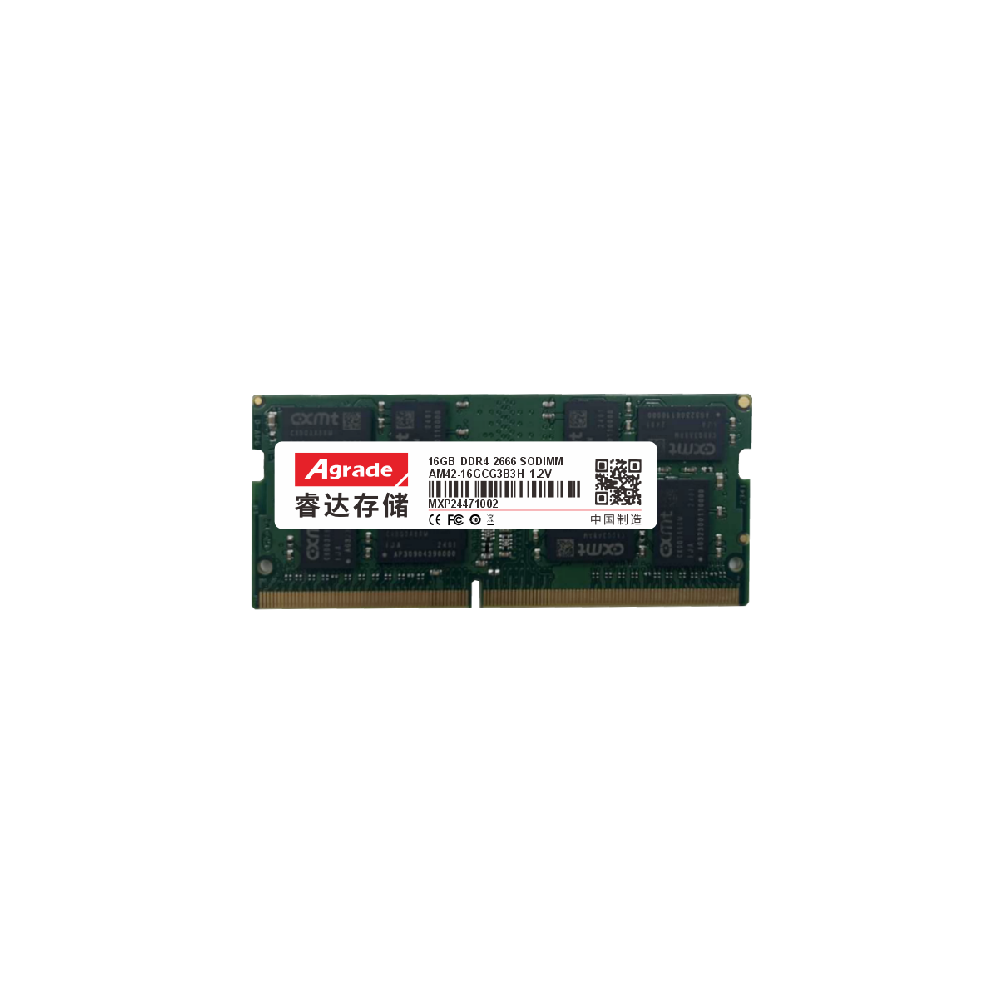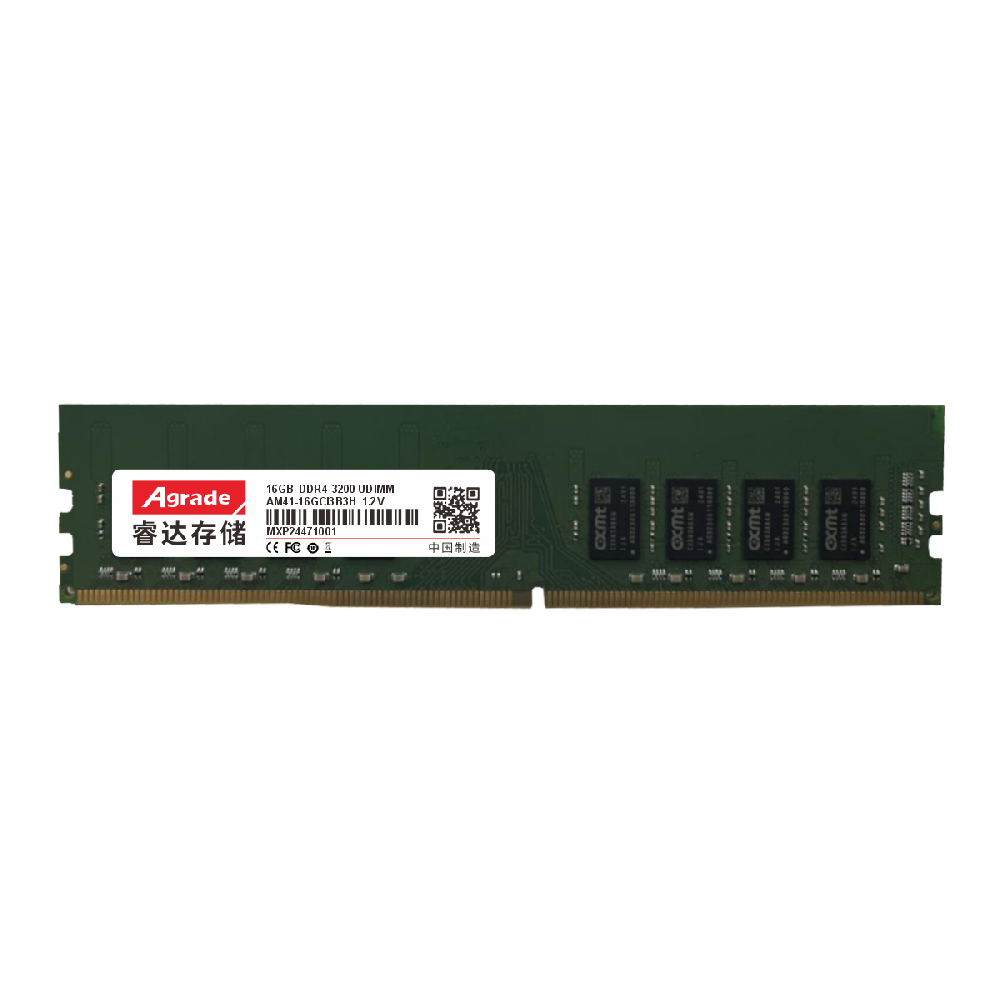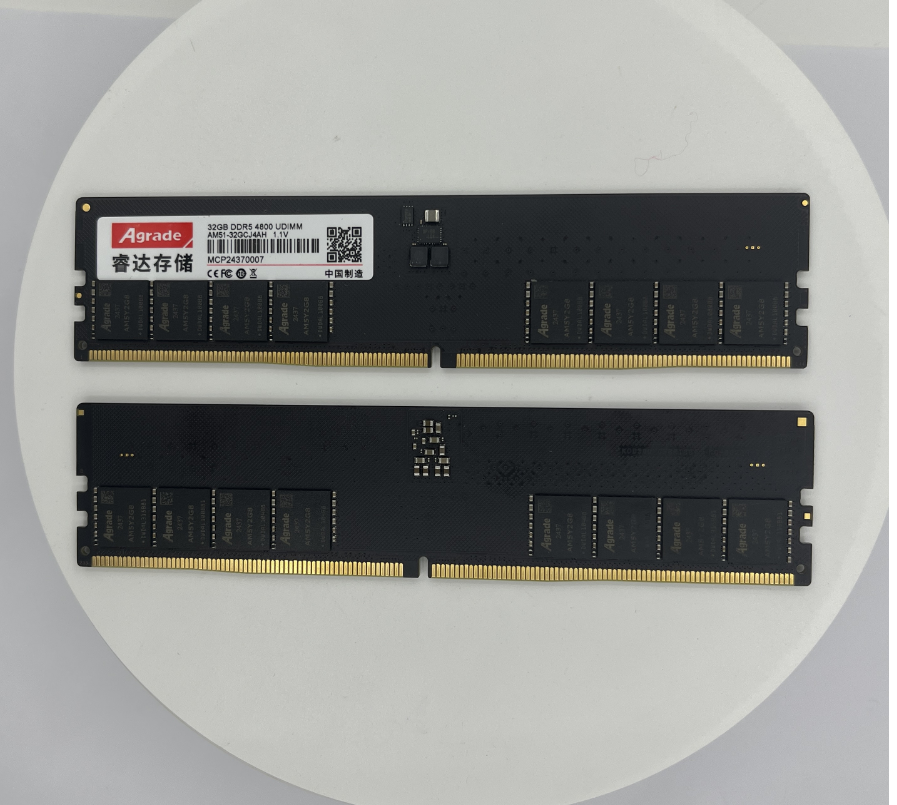

News
 电商部
电商部  2025-11-10 12:07:10
2025-11-10 12:07:10 How long can data be retained on an industrial-grade solid-state drive after power loss?
In industrial computing environments, data persistence and reliability are of utmost importance. Consequently, the data retention capability of industrial-grade solid-state drives (SSDs) after power loss has become a focal point for many users. This article will provide a detailed analysis of the data retention time of industrial-grade SSDs after power loss and compare it with that of standard SSDs.
Industrial-grade solid-state drives (SSDs), due to their year-round 7×24×365 uninterrupted operation, typically have a power-off data retention period of no less than 3 months. This specification is established under the premise that the flash memory's rated erase/write lifespan has been fully utilized. However, in practical use, the data retention time of industrial-grade SSDs often far exceeds this standard. Under suitable ambient temperatures, data retention can last over 10 years. Ambient temperature significantly impacts data retention, with a 5-degree Celsius decrease theoretically extending the retention period by approximately double.
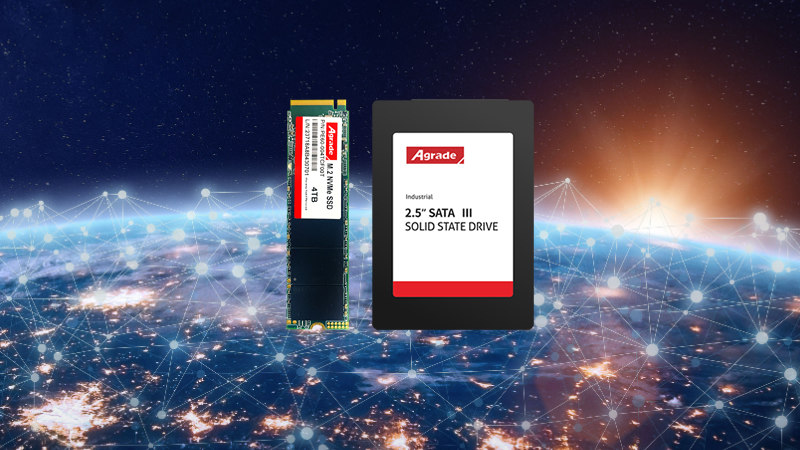
Compared to standard solid-state drives (SSDs), industrial-grade SSDs exhibit significant advantages in data retention capabilities. Standard SSDs typically have a shelf life of one year, and their data retention time is influenced by various factors, such as flash memory type, write volume, and operating temperature. Generally, the lifespan of standard SSDs is measured in Program/Erase (P/E) cycles: SLC (Single-Level Cell) offers the longest lifespan, reaching up to 100,000 erase cycles; MLC (Multi-Level Cell) follows, with a lifespan of 5,000 to 10,000 cycles; and TLC (Triple-Level Cell) has the shortest lifespan, ranging from 1,000 to 3,000 cycles.
In practical applications, the lifespan of a standard solid-state drive (SSD) is approximately 4 to 5 years, or around 30,000 hours. In contrast, industrial-grade SSDs, due to their higher reliability and durability, typically have a longer lifespan. Additionally, industrial-grade SSDs offer many other advantages, such as power loss protection, data encryption, and shock-resistant features, which enable them to perform exceptionally well in harsh industrial environments.
In summary, industrial-grade solid-state drives (SSDs) offer significant advantages in data retention after power loss, far surpassing standard SSDs. This advantage stems from their higher reliability and durability, along with various additional features designed for industrial environments. For industrial applications requiring long-term data storage and ensuring data integrity, choosing an industrial-grade SSD is undoubtedly a wise decision.

